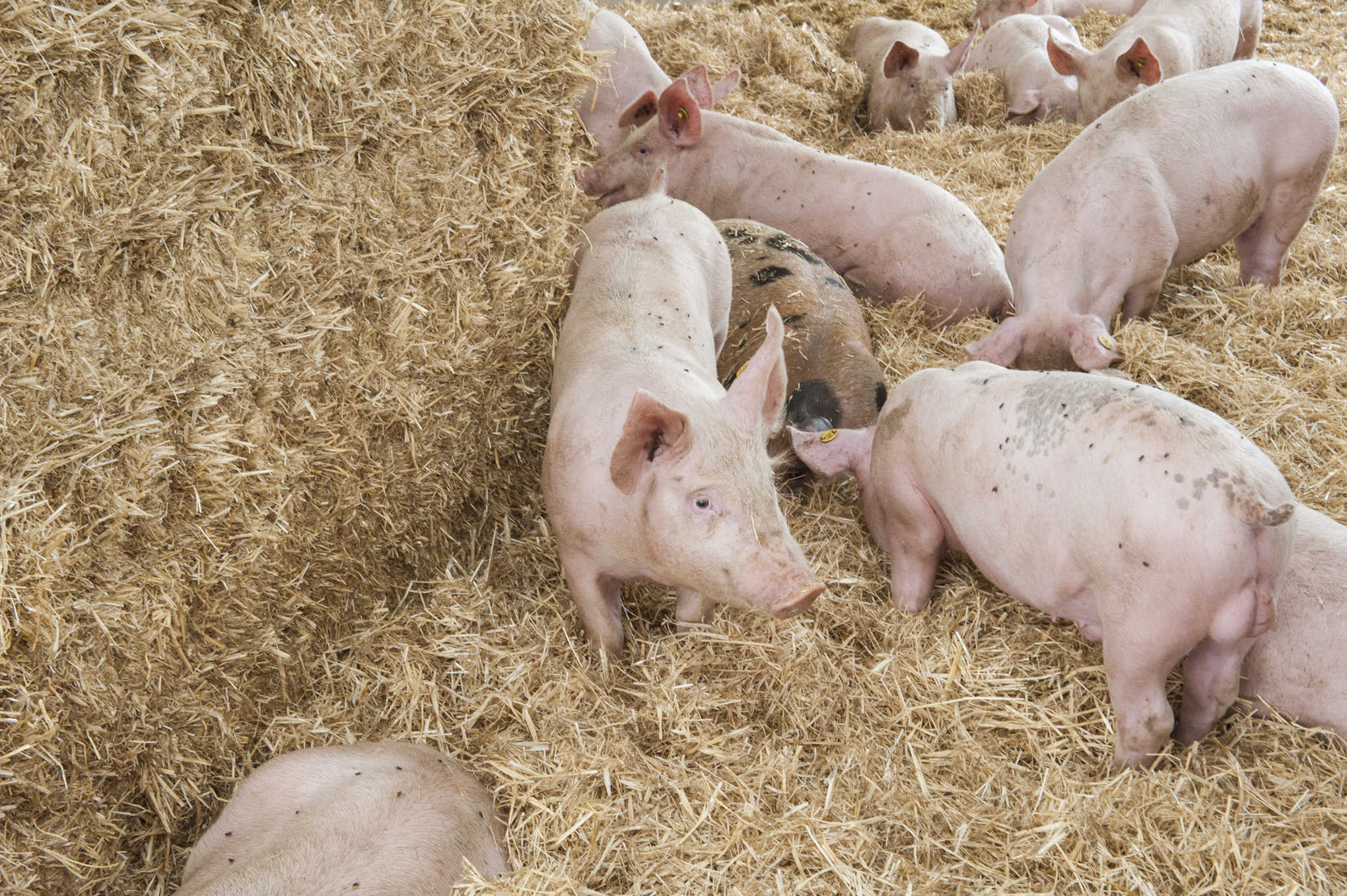
Foot and mouth disease
Australia is currently free of Foot-and-Mouth disease (FMD) but it is present in neighbouring countries including Indonesia. FMD is one of Australia’s greatest biosecurity risks due to the impact on trade, producers, economy and community. It is a reportable disease in WA and early detection, if it is suspected to occur, is crucial to eradicating it as quickly as possible.
Foot-and-mouth disease is a highly infectious viral disease that affects cloven-hooved animals including cattle, sheep, goats, pigs, buffalo, camelids, and deer. It does not affect non-cloven-hooved animals such as horses, dogs, cats or birds and is not the same as hand, foot and mouth disease in people.
Australia is free from FMD and doesn’t allow imports of any susceptible live animals, semen or uncooked meat or unprocessed dairy products from FMD-affected countries or zones. FMD is present in Asia, including in Indonesia, the Middle East, Africa, and parts of South America and with information on the current global situation found at the World Organisation for Animal Health.
The most likely way that FMD could enter Australia is by the illegal importation of meat and dairy products, which can carry FMD virus. Pigs are highly susceptible to FMD and can become infected if they eat products carrying the virus. Once infected, pigs produce large quantities of virus, which can spread to other livestock. To prevent FMD and other serious diseases, it is illegal to feed pigs anything that:
- contains meat, meat products, or any other products from mammals.
- has had contact with meat, meat products or any other products from mammals.
FMD could also enter Australia by people from infected countries returning with the virus on their footwear or equipment and then having contact with animals. People who have had contact with farms or livestock in infected countries need to declare this when arriving in Australia and ensure all footwear, clothing and equipment are clean and free of mud/animal manure.
An outbreak in Australia could have very significant consequences on production and trade. A report by the Australian Bureau of Agricultural and Resource Economics and Sciences estimated an FMD outbreak would result in severe direct economic losses to the livestock and meat processing sector over a ten-year period. These losses were estimated to be of the value of around $80 billion over 10 years (in 2020-21), largely due to lost export market access.
The signs of FMD vary depending on the species and the strain of the virus, however, typically involve blisters forming in the mouth, nostrils, on teats, and on the skin between and above the hoofs of cloven-footed animals.
Clinical signs include:
- blisters (vesicles) in the mouth, nostrils, teats, or on the skin between and above the hooves. These blisters are often not obvious until they have ruptured. Blisters in sheep are usually small and difficult to see
- slobbering/drooling
- lameness and/or a reluctance to move
- severe depression
- lack of appetite
- sudden death in young animals
- a large drop in milk yield in dairy animals
- abortion in pigs.
Animals usually show signs of FMD within 3–5 days of infection, but signs can take up to 14 days to appear. It is important to note that in sheep the signs are often mild, and difficult to detect, and where lameness may be one of the only signs.
Some endemic diseases can present similarly to FMD including but not limited to contagious ecthyma (‘scabby mouth’) (scalding/contact) dermatitis photosensitisation or mucosal disease. Other reportable diseases can also present similarly such as vesicular disease, Rinderpest and Peste des Petits Ruminants which are exotic to Australia.
FMD is one of the most contagious animal diseases. The virus is present in large amounts in the blisters, saliva, urine, manure, milk and breath of infected animals.
The virus spreads between animals by:
- direct contact with an infected animal
- air-borne particles from infected animals
- movement of infected animals
- movement of contaminated animal products (such as manure), vehicles, equipment and people.
Pigs are highly susceptible to oral infection if they are fed contaminated meat or meat products, which is it is illegal to feed pigs anything that:
- contains meat, meat products, or any other products from mammals
- has had contact with meat, meat products or any other products from mammals.
To reduce the risk of FMD occurring in your animals:
The implementation of good biosecurity practices that will help to reduce the likelihood of many other diseases are also applicable to foot-and-mouth disease and include:
- isolating new animals for 7–10 days
- keeping fences secure to ensure stray or feral animals do not enter
- having an allocated area away from livestock where contractors/farm visitors park
- cleaning and disinfecting vehicles and footwear and preferably change outer clothes before having contact with your own animals, after visiting another farm
If staff are travelling internationally to countries that have diseases such as FMD, businesses should implement biosecurity protocols to ensure staff that have had contact with livestock in these countries do not work with at-risk livestock for 7 days after their return.
Make a report
If you suspect FMD or see signs of disease consistent with FMD in your animals you must report it. There are 3 ways you can do this provided below.
The department provides subsidies for disease investigations where the signs are unusual or affecting several animals in a group. Ask your veterinarian about the Significant Disease Investigation Program.
